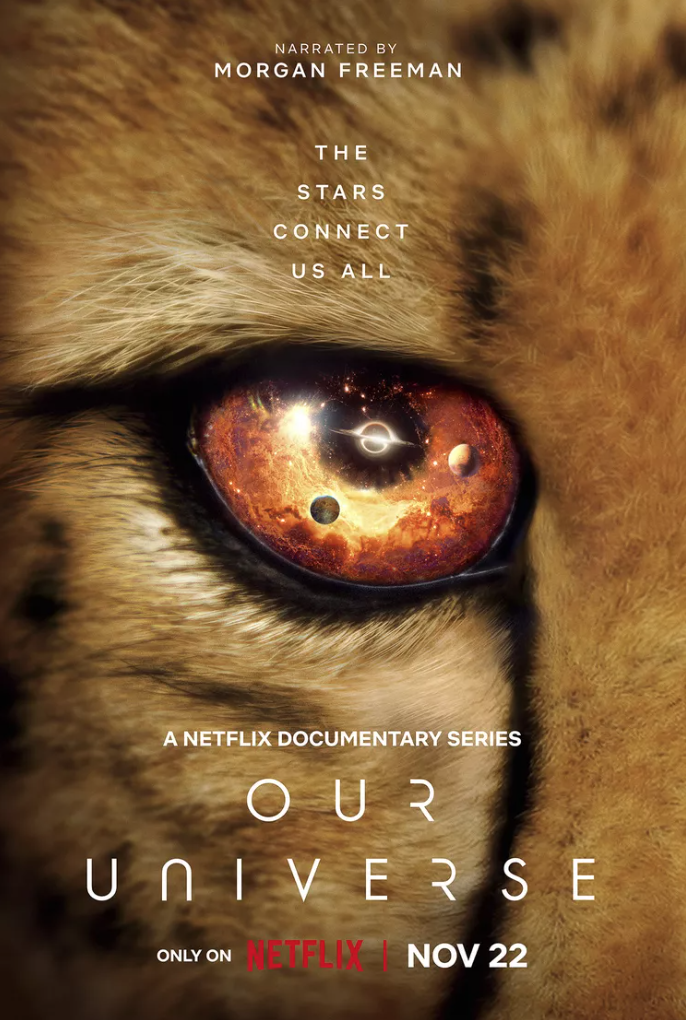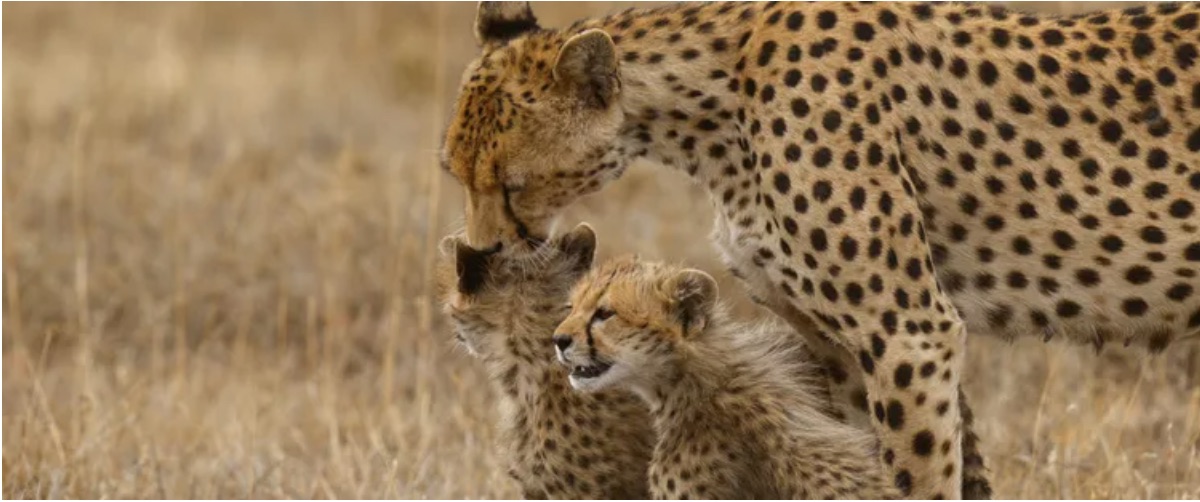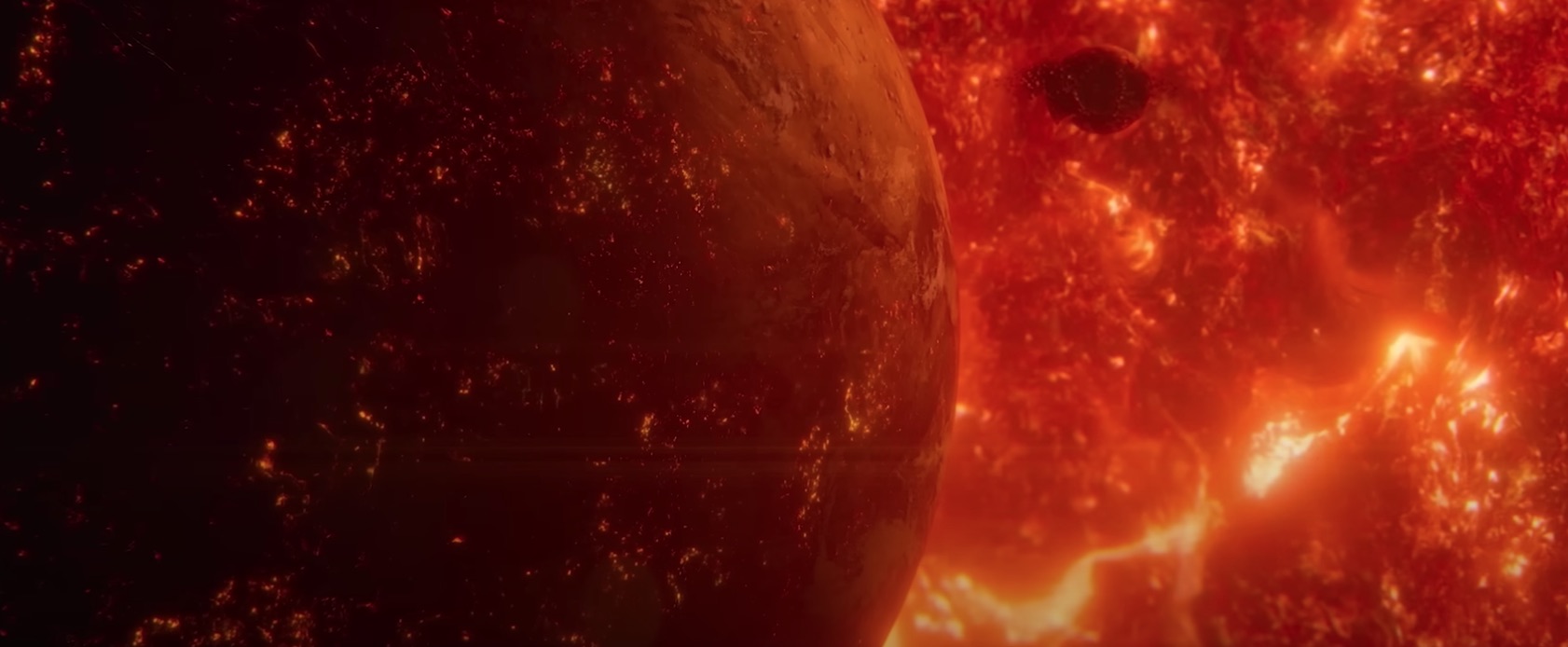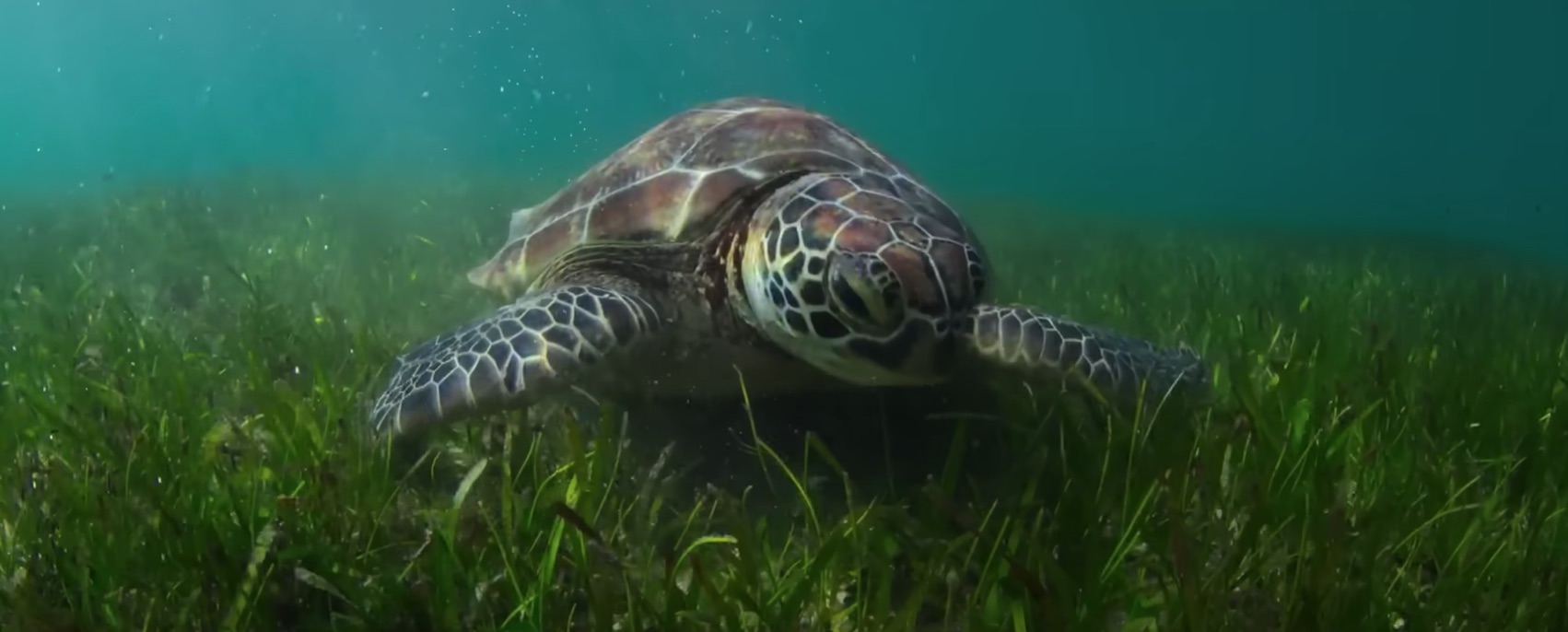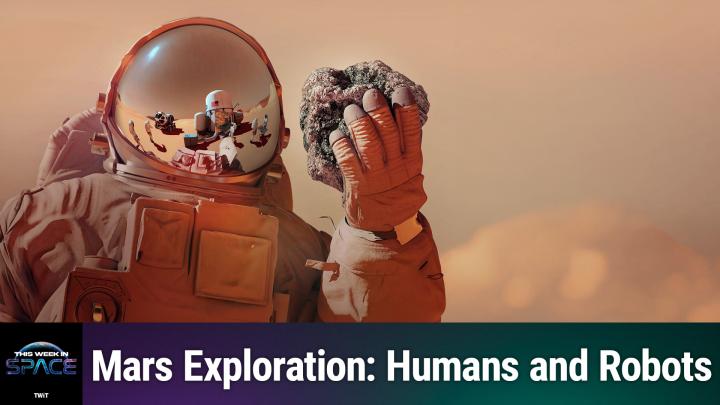Exclusive: Netflix's new 'Our Universe' docuseries combines natural history with ancient ties to the stars

Breaking space news, the latest updates on rocket launches, skywatching events and more!
You are now subscribed
Your newsletter sign-up was successful
Want to add more newsletters?
Pairing the prestige of BBC Studios and Academy Award-winning actor Morgan Freeman, Netflix debuts their latest event series today in, "Our Universe," a spectacular six-part docuseries that spans 13.8 billion years of cosmic creation and explains how Earth's fragile fauna are inextricably linked to those ancient events.
Creating something that feels instinctively fresh in the documentary sector is a tall task, but that's precisely what executive producer Andrew Cohen and showrunner Mike Davis have achieved here. By uniting wildlife footage of cheetahs, sea turtles, bears, chimpanzees, elephants and penguins with stunning celestial special effects, they created a transcendent odyssey that deals with compelling notions of life, death, and rebirth at both cosmic and Earth-bound scales.
"Our Universe" recalls classic educational shows like "Cosmos," "The Universe" and "Planet Earth." Narrated by the commanding voice of Freeman, it makes for an absorbing synthesis of wonder that reminds us that we're all born from stars.
"We didn't start off with the ambition to make some sort of fusion or hybrid series," Davis tells Space.com. "We wanted to make a space series to share an extraordinary understanding of the universe with a global audience, and to do that in a way that felt unusual and new. Then marrying that with something that feels more personal and emotional in the way the stories come together."
The strategy might feel familiar to space fans. "Carl Sagan's 'Cosmos' is a reference point for anyone who's ever worked in factual television," he said. "You have a host who does an amazing job with connecting you with the universe. That famous phrase, 'We are all stardust,' sort of emerged from that series. What we wanted to do was to take an idea that 'we are stardust' but drive that to an audience in a really direct way. So in a sense the stories aren't hybrid stories, they are just a way of taking the natural world and giving you the biggest perspective possible in understanding where it comes from."
Working with Netflix, Davis and Cohen went about creating something that combines these two very different television ideas, that are, in story terms, intimately linked.
"These were kind of cosmic 'just so' stories and I think that was a really simple way of thinking about it," Cohen said, "How does the bear keep its family alive? And why does the salmon arrive? It relates directly back to the formation of the Earth and the moon that gives us our seasons. The elephant's search for water and where water came from. All of them felt like the animals' survival depended upon these ancient cosmic events, so that they did seem to work hand-in-hand so beautifully. You'd have one story but visually it felt harmonious as well."
Breaking space news, the latest updates on rocket launches, skywatching events and more!
As a father, Davis has always loved when the universe becomes tangible and when trying to connect kids to these unimaginable stories, he'd point a wedding ring and ask, why is this metal precious?
"It's because stars very rarely make it in the universe," he said. "And suddenly you've got this connection, and that sense of tangibility was something we wanted to drive into the whole series."
The look of the series was crucial to that, he said. "There's obviously the connectivity in the storytelling, but visually from the beginning we storyboarded this very carefully," he said. "We used anamorphic lenses on the natural history footage which is very unusual. It requires getting quite close to the animals and comes with all the lovely lens flair and Spielbergian reference points and visual cues for the audience."
Part of the unforgettable sequences are CGI effects depicting cataclysmic events like star formation, cosmic collisions, black holes and other violent celestial happenings.
"An amazing company called Lux Aeterna delivered the special effects, working very closely with us over a three-year period," Cohen said. "Crucially, we wanted them to have a deep connection to our scientific understanding of the universe. At the same time it was important that you felt a visceral, emotional connection. The idea that this stuff is far away feels as if that was going to fight against what we wanted to do with this series. It was how you kept that balance of scientific accuracy but at the same time making you feel as if you were up close and personal with these extraordinary phenomena and events in the universe."
Dipping into profound topics like cosmic creation and cycles of life, Davis and Cohen were bound to discover stimulating pieces of science they'd never known before.
"One of my favorite stories whose symmetry I found beautiful is in the turtles film," Cohen said. "We had the ability to create this sense of atoms coming together to form the new turtle in the egg. And these birthing grounds for new stars that form spherical areas around nebulas and that's such a beautiful idea. There are literal cosmic eggs out there nurturing and giving birth to the next generation of stars."
For Davis it was the scenes depicting the massive collision that created the Earth and moon that stood out.
"I wasn't overly familiar with that," Davis said. "What made it special is that we partnered with scientists who were using a supercomputer for these simulations. Just an incredible number of pixels and incredibly detailed simulations of what that collision would look like. But they never have the budget or artistic flair to visualize that. We took that data and brought it to computers within Lux Aeterna and they made it look beautiful and cinematic and photorealistic."
Ultimately, the creators want this to be family viewing for all ages and all interests.
“We've tried to take you to the edge of our understanding of the universe but that's an exciting place to be," Cohen said. "At the heart of it, we try to inspire people in their relationship with the universe and the natural world and that inspiration runs all through the series I hope."
Key to that is the narration. "We needed a voice that could tell perhaps the grandest story of all time and Morgan has this voice that reassures you, excites you, sucks you into the story," he said. "And interestingly, straddles both the natural world and the cosmology of the series with equal presence and power. It was an utter pleasure to be involved with a talent like that delivering such an extraordinary performance."
"Our Universe" premiered on Netflix on Nov. 22.
Follow us on Twitter @Spacedotcom and on Facebook.
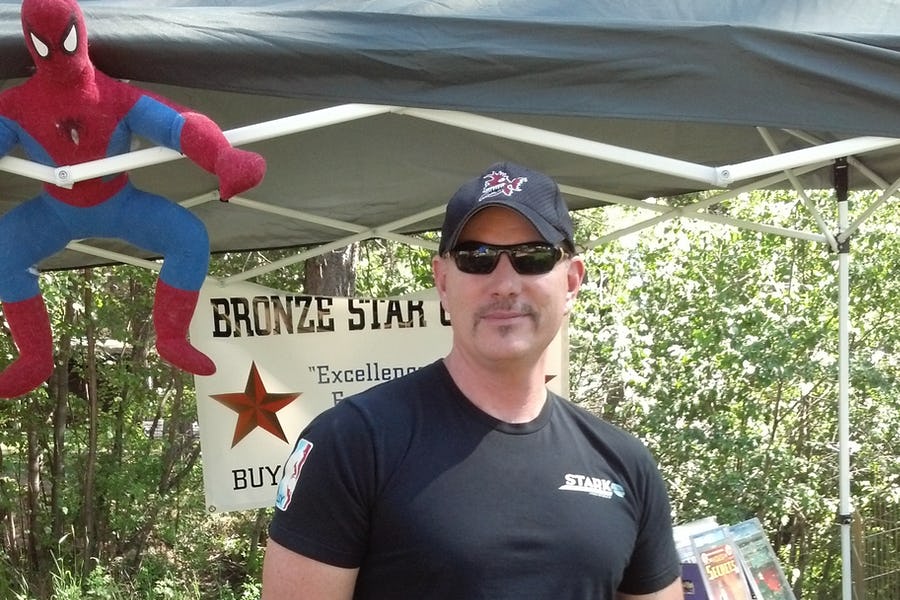
Jeff Spry is an award-winning screenwriter and veteran freelance journalist covering TV, movies, video games, books, and comics. His work has appeared at SYFY Wire, Inverse, Collider, Bleeding Cool and elsewhere. Jeff lives in beautiful Bend, Oregon amid the ponderosa pines, classic muscle cars, a crypt of collector horror comics, and two loyal English Setters.
